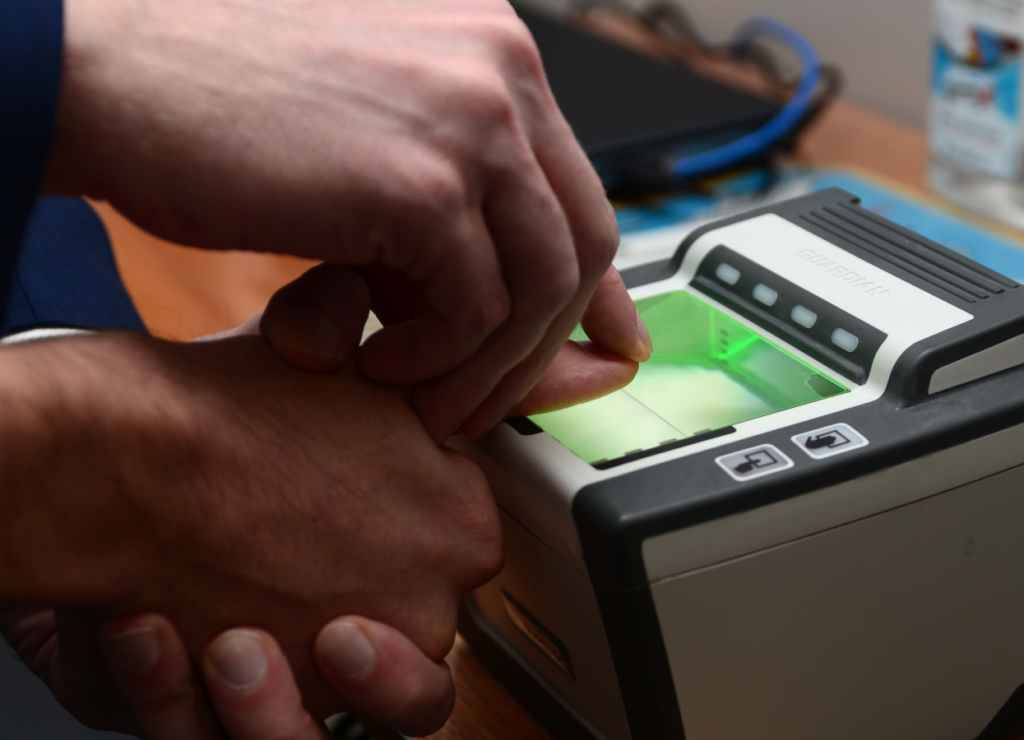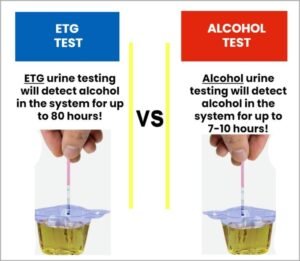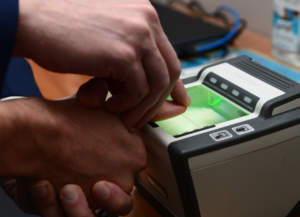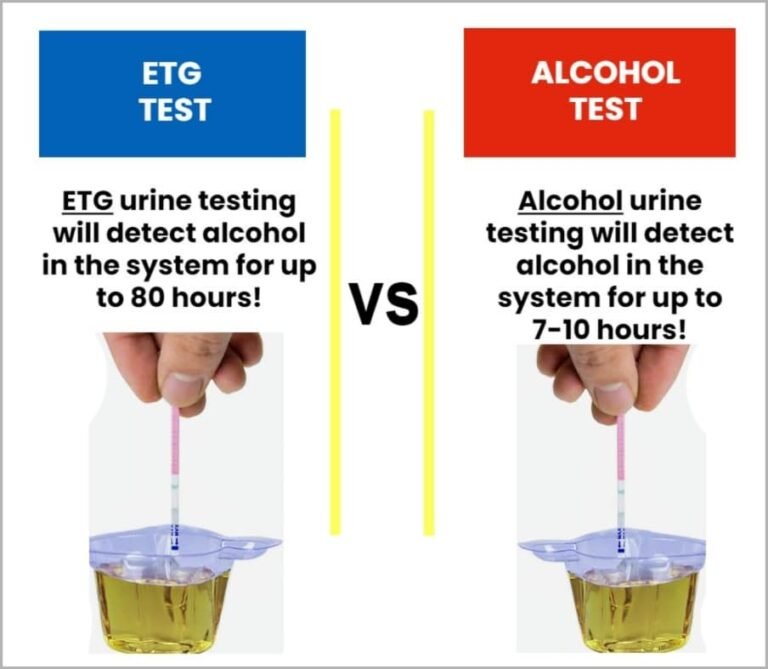Introduction to Electronic Fingerprinting
Electronic fingerprinting represents a significant advancement in the field of identity verification and background checks. Unlike traditional ink fingerprinting, which often involves messy procedures and higher chances of inaccuracies, electronic fingerprinting employs digital technology to capture and store fingerprints with remarkable precision and efficiency. This modern method has become increasingly important in various sectors, offering numerous benefits over the conventional approach.
One of the primary advantages of electronic fingerprinting is its enhanced accuracy. The digital capture of fingerprints reduces the likelihood of smudging or other errors that can compromise the quality of the prints. This precision ensures that the fingerprints are clear and detailed, facilitating more reliable identification processes. Moreover, the speed at which electronic fingerprinting can be performed is another notable benefit. The digital system allows for rapid capture and immediate transmission of prints to the relevant authorities, significantly reducing the time required for processing and verification.
The convenience of electronic fingerprinting cannot be overstated. The streamlined process is user-friendly, often requiring only a few minutes to complete. This is particularly advantageous in high-volume settings where numerous individuals need to be fingerprinted, such as during employment screenings or licensing procedures. In Florida, electronic fingerprinting is widely utilized for various applications, including background checks for job applicants, security clearances, and professional licensing. This widespread adoption underscores the system’s reliability and efficiency in meeting the state’s regulatory requirements.
In summary, the shift from traditional ink fingerprinting to electronic systems marks a significant improvement in the way fingerprints are captured and processed. The increased accuracy, speed, and convenience of electronic fingerprinting make it an indispensable tool for identity verification in Florida. Whether for employment purposes, background checks, or licensing, electronic fingerprinting ensures a more efficient and reliable method of ensuring security and compliance across various sectors.
The Legal Framework and Requirements in Florida
In Florida, electronic fingerprinting is governed by a comprehensive legal framework designed to ensure the security and integrity of various professions and services. The primary regulatory authority overseeing this process is the Florida Department of Law Enforcement (FDLE), which operates under the guidelines set forth by multiple Florida Statutes. These statutes delineate the circumstances and protocols under which fingerprinting is required, particularly for individuals in sensitive or high-responsibility roles.
Several key laws mandate fingerprinting for specific sectors. For instance, Florida Statute 435.04 requires background checks, including electronic fingerprinting, for employees in positions of trust, such as healthcare workers, teachers, and childcare providers. This statute ensures that those who work closely with vulnerable populations are thoroughly vetted. Similarly, Florida Statute 1012.32 mandates fingerprinting for all instructional and non-instructional personnel in public schools. This is a critical step to safeguard the welfare of students by ensuring that school staff members have clean criminal records.
Beyond the educational and healthcare sectors, electronic fingerprinting is also a prerequisite for many other professions. For example, real estate agents, security guards, and certain financial service providers must undergo this process to comply with industry-specific regulations. The FDLE plays a crucial role in this system by maintaining a central repository of fingerprint records and facilitating the background check process.
Individuals required to undergo electronic fingerprinting must adhere to specific criteria. They need to provide a valid form of identification and submit their fingerprints through an authorized service provider. The collected fingerprints are then transmitted to the FDLE, where they are cross-referenced with state and federal databases to identify any criminal history. This rigorous vetting process ensures that only individuals who meet the legal and ethical standards are permitted to work in sensitive or high-responsibility roles.
The Electronic Fingerprinting Process
Understanding the electronic fingerprinting process in Florida is essential for individuals required to undergo this procedure for employment, licensing, or other legal purposes. The process begins with the necessary preparations, ensuring a smooth and efficient experience. Firstly, it is important to gather all required documents, which typically include a valid government-issued ID and any specific forms or reference numbers provided by the requesting agency.
Once the documentation is in order, the next step involves scheduling an appointment with an authorized service provider. Numerous service providers across Florida offer electronic fingerprinting services using Live Scan technology. Appointments can often be scheduled online or by phone, and it’s advisable to book in advance to secure a convenient time slot.
During the fingerprinting session, the individual will be required to present their identification and any relevant documents. The technician will then use Live Scan technology to capture the fingerprints electronically. This method is preferred over traditional ink fingerprinting due to its accuracy and efficiency. The Live Scan device scans each finger, capturing high-quality images that are immediately reviewed for clarity and completeness.
After the fingerprints are captured, they are electronically submitted to the Florida Department of Law Enforcement (FDLE) for processing. The submission process is straightforward, with the service provider handling the electronic transmission. It is essential to ensure that the correct ORI (Originating Agency Identifier) number is used to ensure that the results are sent to the appropriate agency.
Individuals can track the status of their fingerprint submissions through the FDLE’s online system. This system provides updates on the progress of the fingerprint processing, offering peace of mind and transparency. The typical turnaround time for results varies but is generally within a few days to a week, depending on the volume of submissions and the nature of the request.
The electronic fingerprinting process in Florida is designed to be user-friendly and efficient, leveraging advanced technology to ensure accurate and timely results. By following the outlined steps and preparing adequately, individuals can navigate the process smoothly, fulfilling their fingerprinting requirements with minimal hassle.
Choosing a Reliable Electronic Fingerprinting Service Provider
When selecting a reliable electronic fingerprinting service provider in Florida, several critical factors must be considered to ensure you receive accurate and timely services. The first step is to verify the provider’s accreditation. Accredited providers are typically approved by the Florida Department of Law Enforcement (FDLE) and comply with state and federal regulations. This ensures that your fingerprints are handled with the utmost care and security.
Experience is another essential criterion. Providers with a long-standing history in the industry are more likely to deliver reliable and efficient services. They are familiar with the nuances of the fingerprinting process and can navigate any potential issues that may arise. Customer reviews and testimonials are invaluable resources for gauging the provider’s reputation. Look for feedback on their professionalism, accuracy, and turnaround times to make an informed decision.
When comparing different providers, understanding their fee structures is crucial. Some may offer lower prices but include hidden fees, while others provide all-inclusive packages. Ensure that you get a detailed breakdown of the costs involved to avoid any surprises. Additionally, consider whether the provider offers any additional services, such as expedited processing or mobile fingerprinting, which can be particularly beneficial for busy professionals.
Compliance with state requirements is non-negotiable. The provider must use FDLE-approved equipment and software to capture and transmit fingerprints. This guarantees that the fingerprints meet the necessary standards for various state and federal background checks. Non-compliance could result in delays or rejections, complicating your application process.
IDENTICO has established itself as a reliable entity in the fingerprinting industry, offering various services to meet different needs. We are an FDLE-approved vendor since 2010 and can be reached at 954-239-8590. Walk-in office in West Park, Florida, and Mobile Fingerprinting services in Broward, Miami-Dade, and Palm Beaches.















